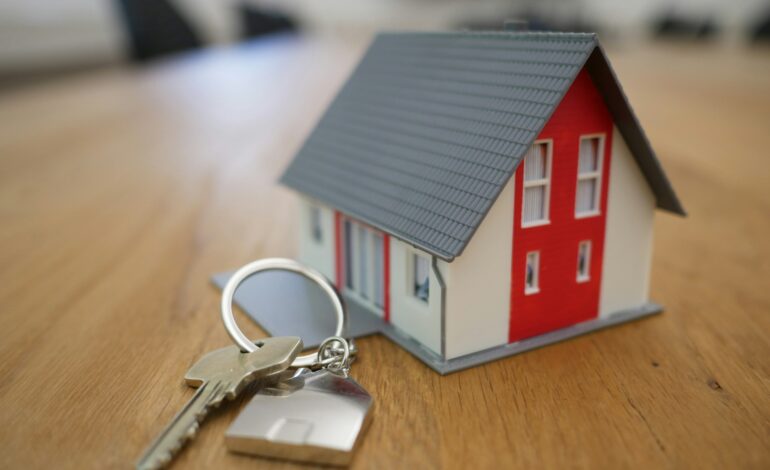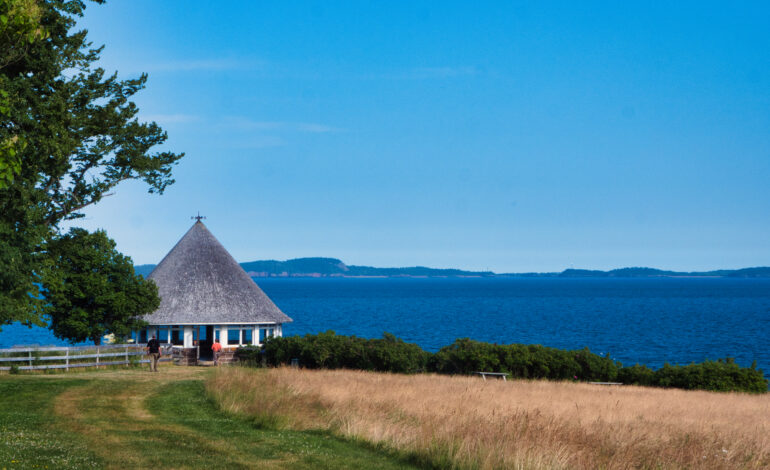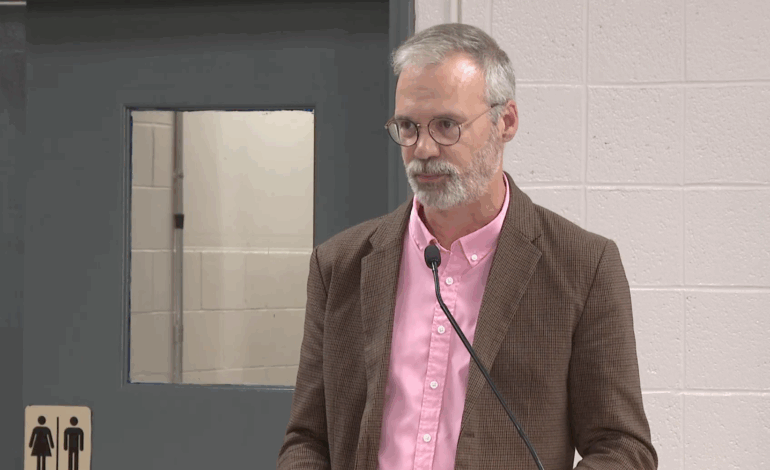
By John Chilibeck, Local Journalism Initiative Reporter
Seniors in New Brunswick fed up with high property taxes have caught the attention of the Holt Liberals, who are looking at the idea of giving them a discount or freeze on their annual bill.
Premier Susan Holt put out the suggestion during an online question-and-answer session last week, in which the priority of questions was voted on by the public.
“There are other provinces in Canada that have different forms of discounts for people depending on their age, their retirement status,” the premier said. “Sometimes, it’s a freeze to property taxes. Some- times, it’s a discount of five per cent or 10 per cent on property taxes.
“So, we’re looking at ideas like that, suggestions like that that are happening … across the country to see if any of those will fit in the kind of property tax system that we bring forward.”
Seniors are considered particularly vulnerable to rising property tax assessments because they are unpredictable. Many older folk are on fixed incomes, fueling a fear they won’t be able to afford living in homes they might have spent decades enjoying.
The premier made the comment only days before her government released the report What We Heard: Property Tax Overhaul earlier this week.
It was part of an election promise in 2024 to overhaul the system. All told, the government spoke to 32 groups over the last several months, from business and industry, construction and builders, housing and real estate, advocacy groups and social services.
It also used a local government advisory panel and the responses of more than 7,500 people who filled out a public survey.
Responding to a public backlash over skyrocketing property taxes, the Holt government decided to freeze property tax assessments for 2026, judging that local governments would be reluctant to raise tax rates to keep people’s bills higher, the primary source of their revenues.
The Liberals have promised to overhaul the arcane tax system on about 480,000 properties, which the study found many people don’t fully understand. In New Brunswick, provincial assessors, who are hired professionals, decide the value of homes and other properties, and then elected municipal politicians set a tax rate against them.
The value assigned is supposed to reflect the price a property would likely sell for on the open real estate market as of Jan. 1 of the previous year.
For instance, if a home is assessed at $300,000 and the tax rate is $1.50 per $100 of the property’s worth, the homeowner would pay a tax bill close to $4,500 the next year.
But assessments have risen sharply since the pandemic, when a flood of people moved to New Brunswick, especially retirees and remote workers, attracted by lower home prices and wide-open spaces.
In a province where real estate prices have been stagnant or slow for decades, New Brunswickers have been shocked to see their assessments suddenly rising faster than in richer places such as Ontario, Alberta and British Columbia, driving their tax bills up.
New Brunswick has spike protection for homeowners that limits yearly assessment increases to 10 per cent, but there’s a catchup in years when the annual increase is less than 10 per cent.
And as soon as a homeowner sells the property or makes significant renovations, spike protection is out the window.
The study showed that residential properties made up the bulk of the total assessment base in 2025, at 84 per cent of the value (worth $82 billion), with commercial prop- erties making up the remaining 16 per cent (worth $15 billion). Growth has accelerated since 2021, with residential assessments increasing by about 49 per cent, compared to a 23 per cent hike for commercial and industrial properties.
Over the last 10 years, total property tax revenues have risen steadily from about $1.3 billion (2016) to about $1.7 billion (2025), an increase in taxes of $400 million. That’s a 30 per cent hike. Meanwhile, the normal rise in goods and services over the period was 28 per cent, according to the Bank of Canada’s inflation calculator.
The document says driving the higher bills has been record growth in New Brunswick’s real estate market, population growth, increasing property assessments, rising costs of living and service delivery, and increasing demands on local governments.
“We froze your property tax assessments this year so in the bill that you’ll get that comes through this winter, it will have a frozen assessment level, and then depending on what municipality you live in, whether they have frozen their rates or move their rates will impact, whether your property taxes go up or not,” Holt told people listening to the Facebook live session.
“And in the meantime, we’re overhauling the property tax system, because we think it does need to be more predictable, more competitive, less volatile so that people aren’t seeing dramatic changes year over year. That work is ongoing right now.
“In fact, there was a public survey put out that received thousands and thousands of responses, so great to see the engagement of New Brunswickers with your ideas for how we can make our property tax system clearer, more simple, easier to understand, and more competitive for everyone.”
The reforms should be in place by 2027, the Liberal government says.
– with files from Barbara Simpson



